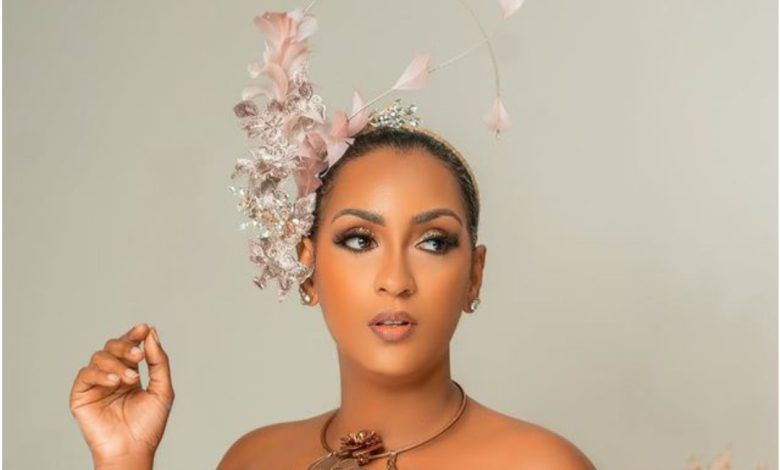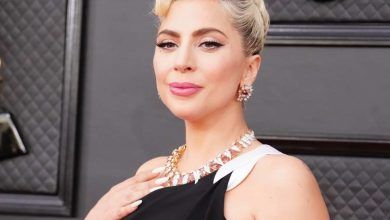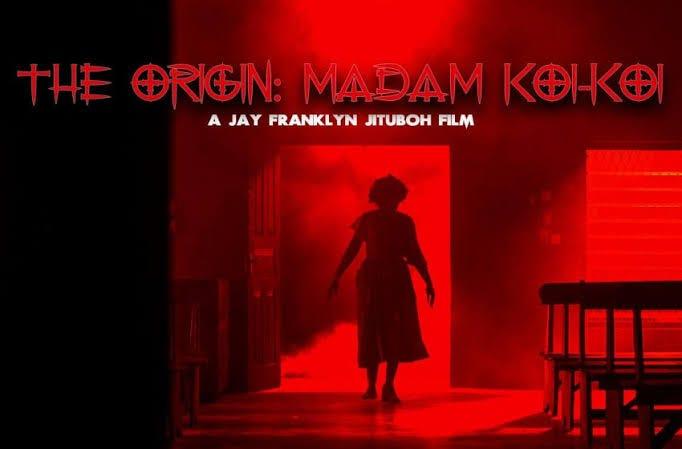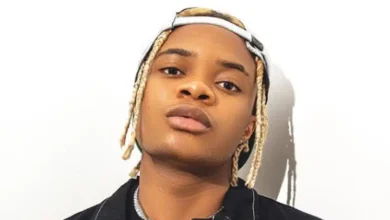“Juliet Ibrahim Calls Out Ghanaian TV Stations for Pirating Films, Joins Nollywood Stars in Outcry”

Juliet Ibrahim Speaks Out Against Rampant Film Piracy by Ghanaian TV Stations
Renowned Ghanaian-Nollywood actress and filmmaker Juliet Ibrahim has added her voice to the growing chorus of film industry professionals condemning the illegal broadcast of films by some Ghanaian television stations.
The piracy debate reignited in March when Nigerian actress Omoni Oboli publicly called out Ghanaian broadcasters for airing her films without proper licensing. The controversy deepened when actress Bimbo Ademoye expressed outrage after a station not only pirated her film but allegedly copied its title and promotional artwork.
Now, Ibrahim is sharing her own experience. In a candid Instagram post, she revealed the continued unauthorized distribution of her films—despite repeated efforts to stop it.
“As an independent filmmaker, actress, director, and producer, I find it extremely disheartening to witness the blatant disregard for intellectual property rights by several TV stations operating within Ghana,” she wrote.
Ibrahim disclosed that some of her films, which were originally uploaded to her official YouTube platform, Juliet Ibrahim Studios, have been unlawfully downloaded, rebroadcast, and monetized by stations including Pemsan TV.
“Over the past few months, I’ve observed that some of my films legally uploaded to my official channel have been pirated and exploited without my consent,” she explained. “Networks such as Pemsan TV continue to show them without proper licensing, despite being contacted directly.”
According to the actress, her management and legal team have sent cease and desist letters and attempted dialogue with the offending stations. However, their outreach has largely been ignored.
“Despite repeated efforts by my legal representatives to resolve the matter amicably, these networks have refused to comply and continue to profit off my intellectual property,” she said.
Ibrahim also expressed solidarity with fellow Nigerian creatives, emphasizing that the issue transcends national lines.
“This is bigger than me. I stand in full support of my Nigerian colleagues, Omoni Oboli and Bimbo Ademoye. This is not just a Nigerian problem—it’s an African issue. And as a Ghanaian, I am deeply disappointed that some of our local media houses are enabling and participating in this unethical practice.”
Her statement calls for urgent industry-wide reform and stronger enforcement of intellectual property laws to protect African creatives and their work from exploitation.





